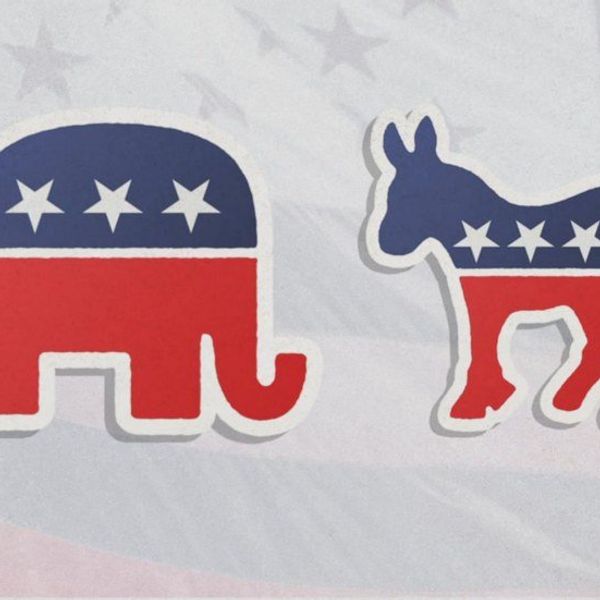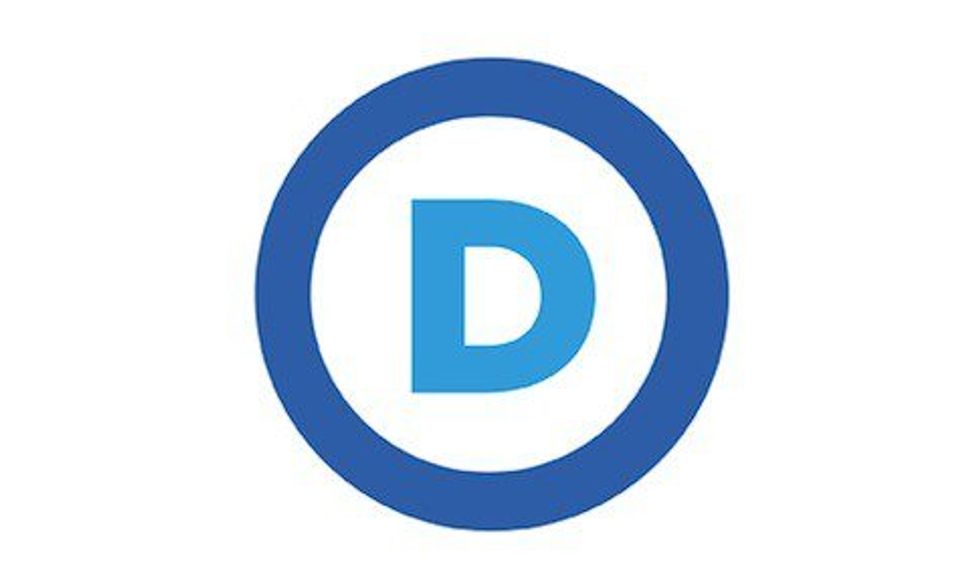With Super Tuesday here and gone, primary season is in full swing, and the system you may have forgotten about has reared its ugly head: delegates. They make or break the nomination and are supposed to represent the wishes of the states they come from. However, much like our first past the post voting system, they may not be the best system, especially for Democrats.
First, here are some things to know about delegates. In the Democratic Party, there are two types of delegates: super and pledged. Superdelegates are can choose to support whoever they want and are usually party big-wigs (senators, congressmen, governors, etc.), while pledged delegates are based on election results from individual states. Why is that bad? Consider this scenario:
Bob and Frank are super delegates and Paul, John and Mary are pledged delegates. The votes show that two-thirds of the state support Candidate Y, so Paul and John go to Candidate Y while Mary goes to Candidate X. If there were only pledged delegates, Candidate Y would win that state, and the majority of people would get what they wanted. But, if Bob and Frank, the super delegates, both support Candidate X, then Candidate X would get three delegates and Candidate Y would only get two delegates, even though the majority of people wanted Candidate Y. See the problem here?
With this system, it is incredibly easy for the Democratic National Committee (DNC), the organization that officially chooses the nominee, to nominate someone who didn't win the popular vote. The Republican party doesn't do this; they don't have super delegates, so the person who wins the popular vote gets the nomination.
The DNC has decided that the opinions of those already involved at high levels in Democratic politics matter more than the opinions of the voters, that the people in charge of making policy, the people who have a year round say in the running of our country, should be able to cancel out the votes of people who get this one ballot to say what they think. The Democratic party is disenfranchising their own voters, who don't deserve to be treated as the lay-people of politics. We are not only choosing who we want to run our country but who we want to run our party. By taking away the impact of that choice, the DNC is shooting itself in the foot. Here's another scenario:
Jim and Paula are avid supporters of Candidate Y and are pitted against Candidate X for a year in the primaries. The debates get brutal, and, though both candidates are Democrats, there are striking differences in the opinions and values between them. Jim and Paula convince everyone they know to vote for Candidate Y, but Candidate X still wins the primary. Having developed such a stance against Candidate X, they choose to not vote in the general election rather than voting for a candidate they don't agree with or believe in. Many people share Jim and Paula's views and simply don't vote. Despite Candidate X's ability to win against the Republican candidate, they lose due to low voter turnout.
Of course, not all people think this way. A fair number will vote regardless of who the nominee is because they want a Democrat in office. Will it be enough?
The DNC needs to seriously reconsider the way they're going about primaries. Even if everything goes as planned and the candidate with the most nationwide support wins, the message they're sending with super-delegates is one of elitism. The Democratic party is one of progressive thought, shaped to bolster the 99 percent and support the general welfare. Why shouldn't those ideals translate to elections?





















